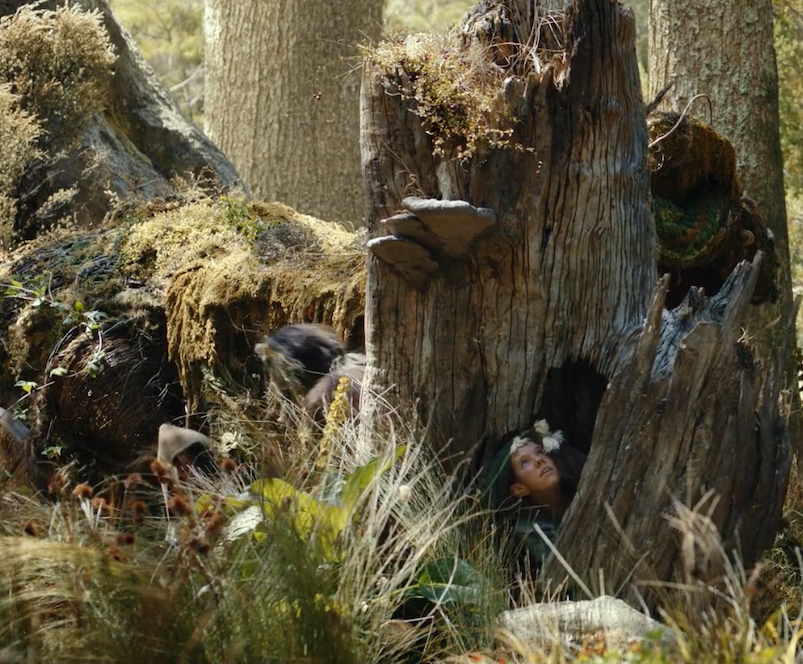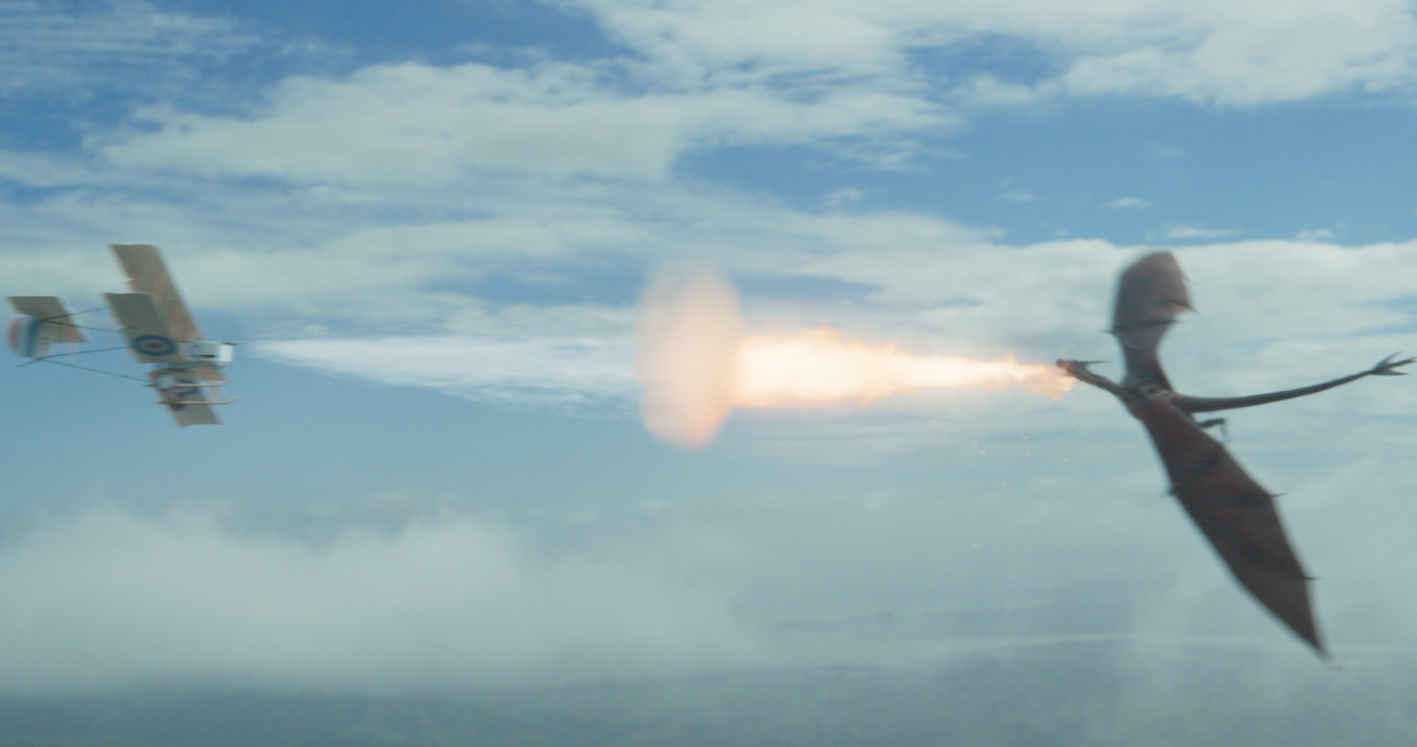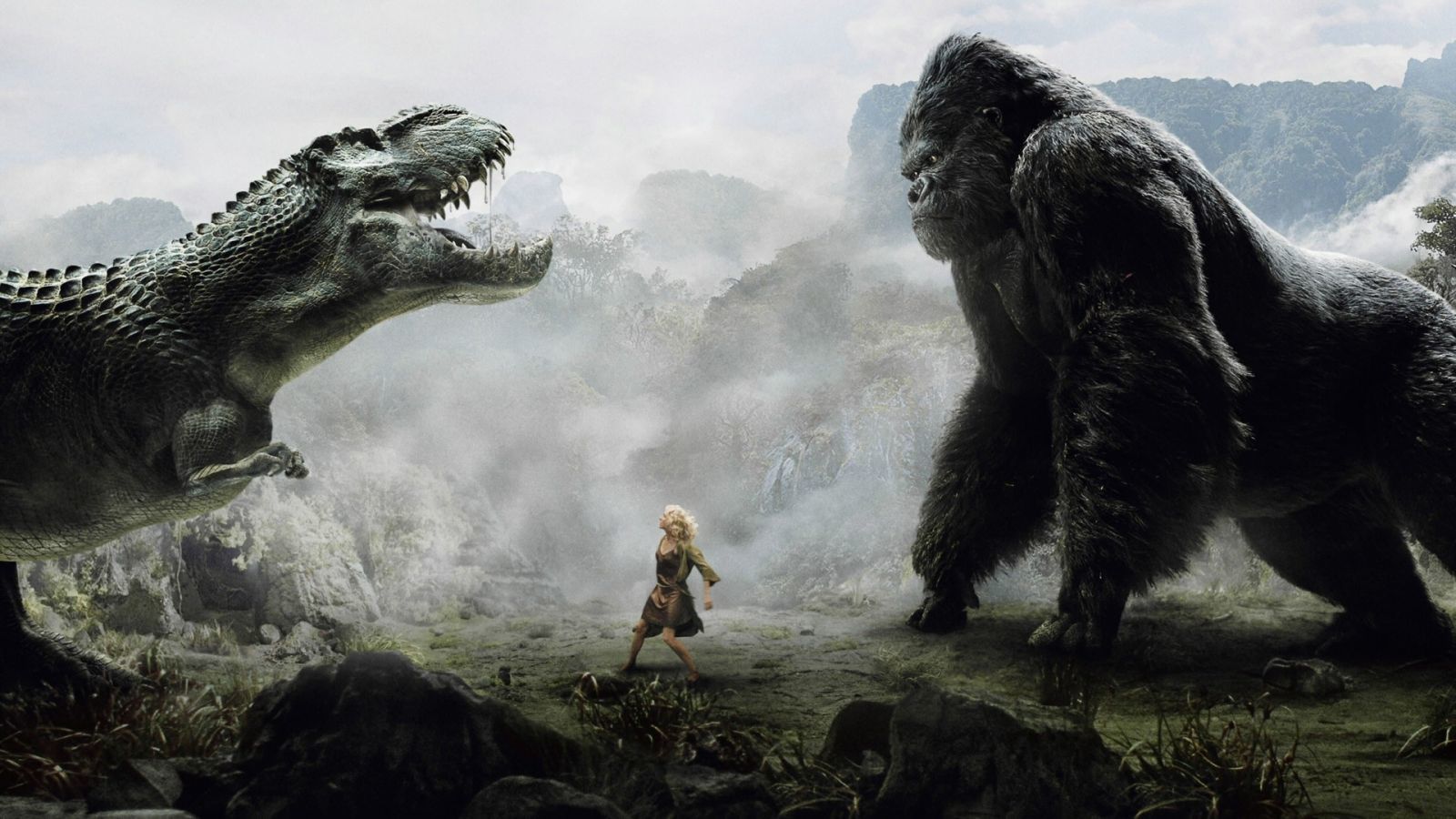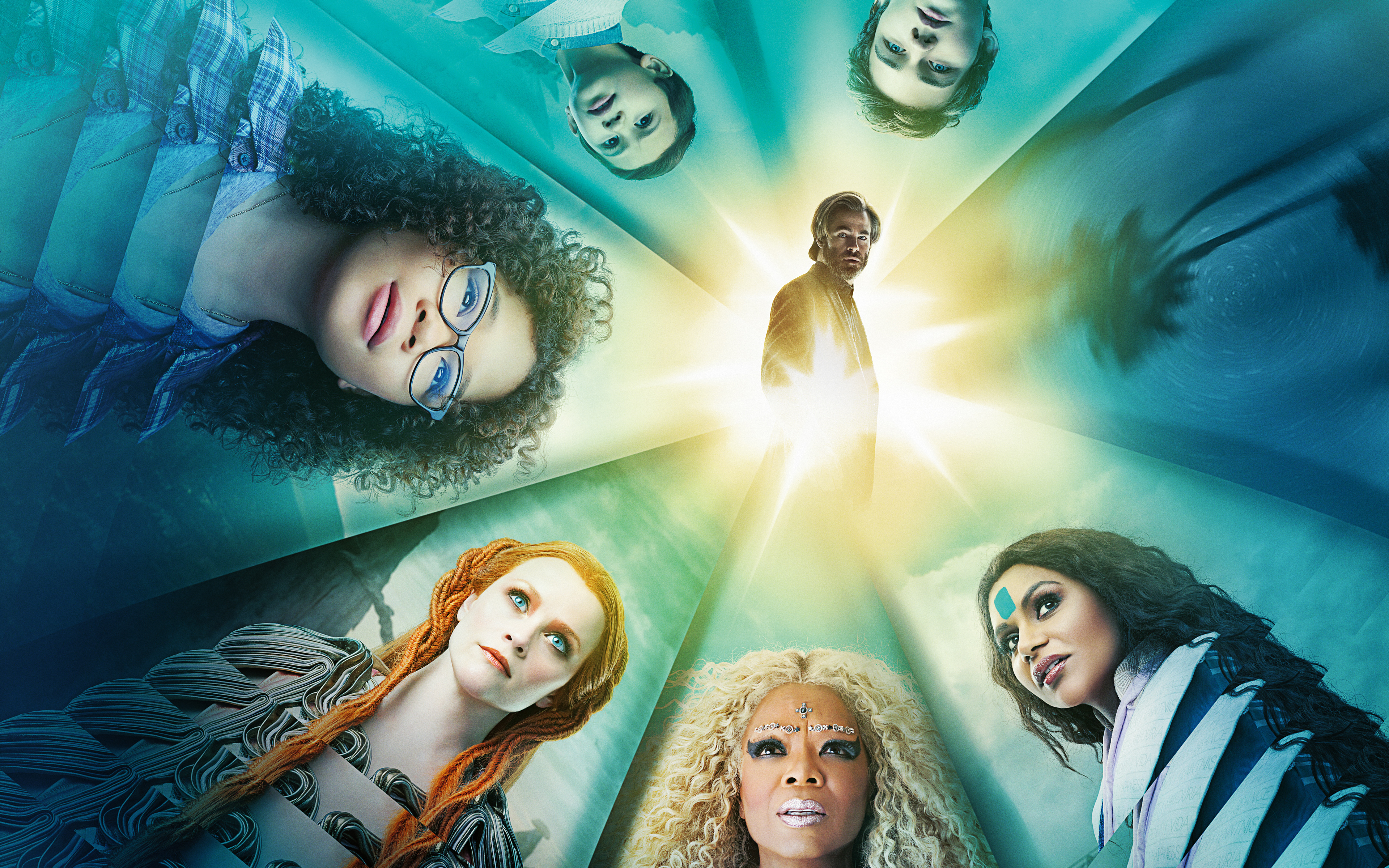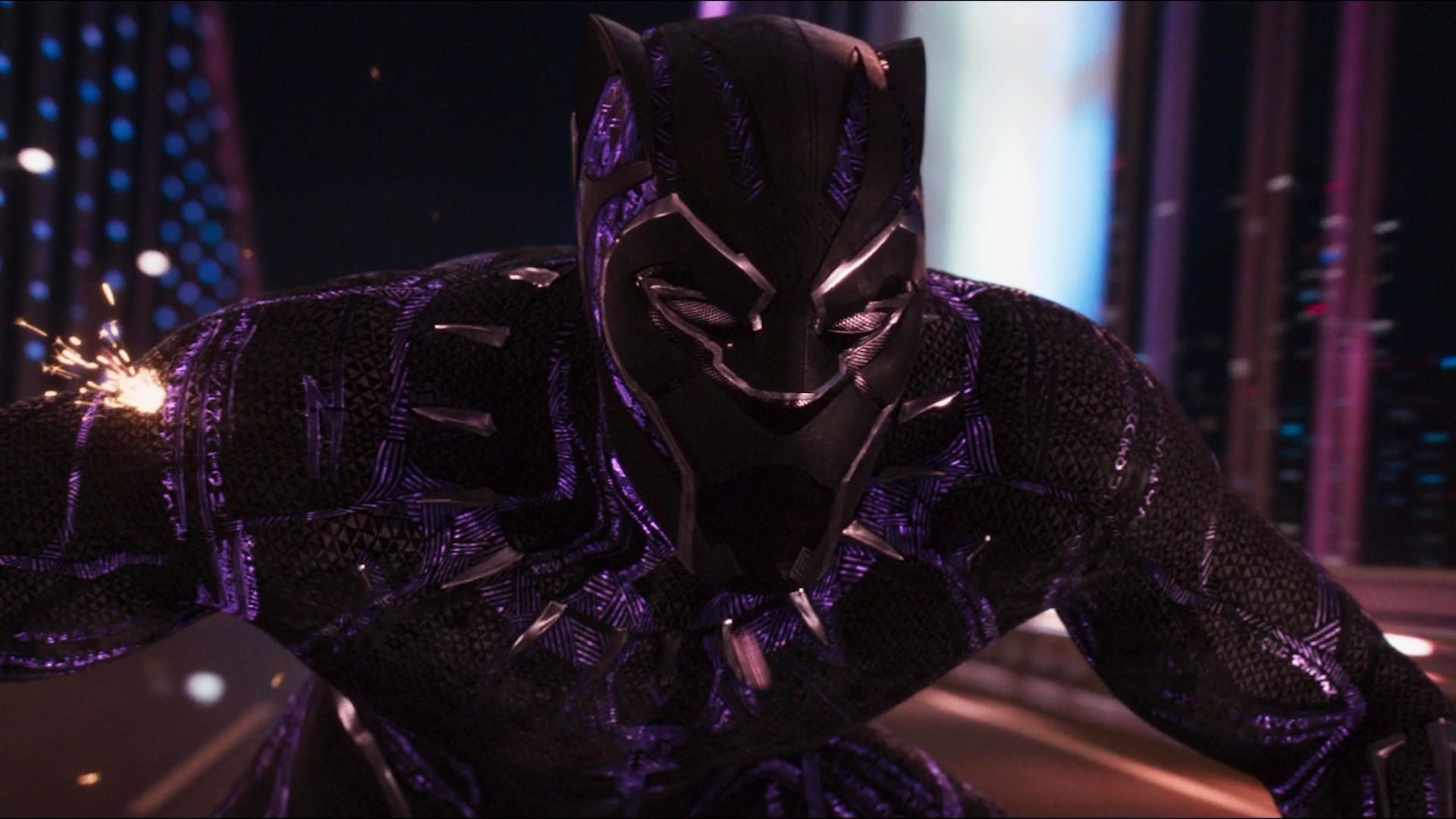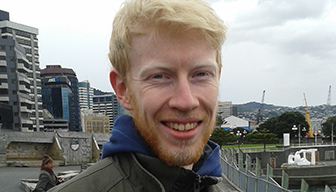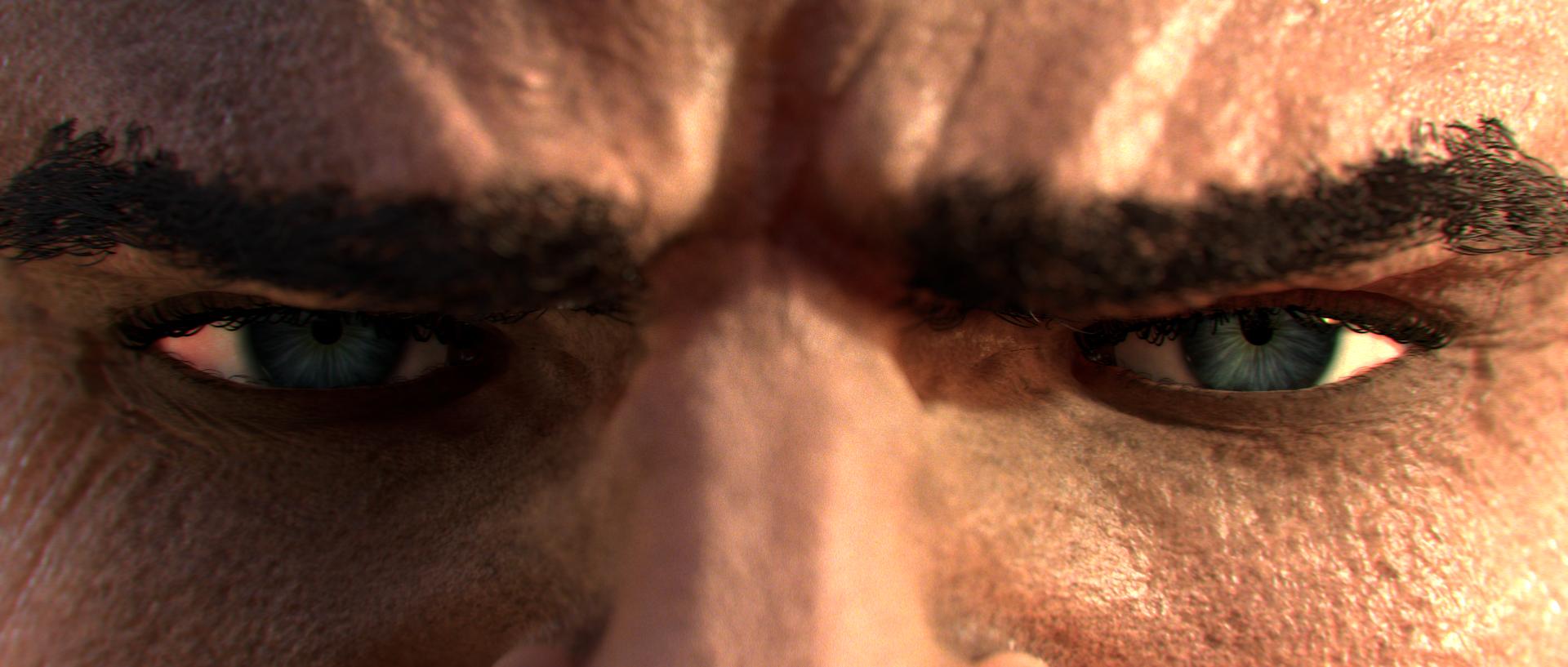For quite some time I always felt like I knew what I really enjoyed doing. Back when I was 14 or so, I started playing around a lot with animation and making short VFX videos in my spare time using After Effects - I even submitted a short film for my English class in Year 9 that featured a two-minute long lightsaber segment. Still proud of that one!
But it wasn't until I was close to graduating and staring down the barrel of studying at a traditional university that it dawned on me I really didn't belong in academia. My brain turned off when staring at numbers and equations, but lit up when it involved anything with a camera and editing software. I wanted to keep creating for as long as I could. Thats when I found MDS and after some research I realised I could make that dream a reality now that I had found a path into the industry.
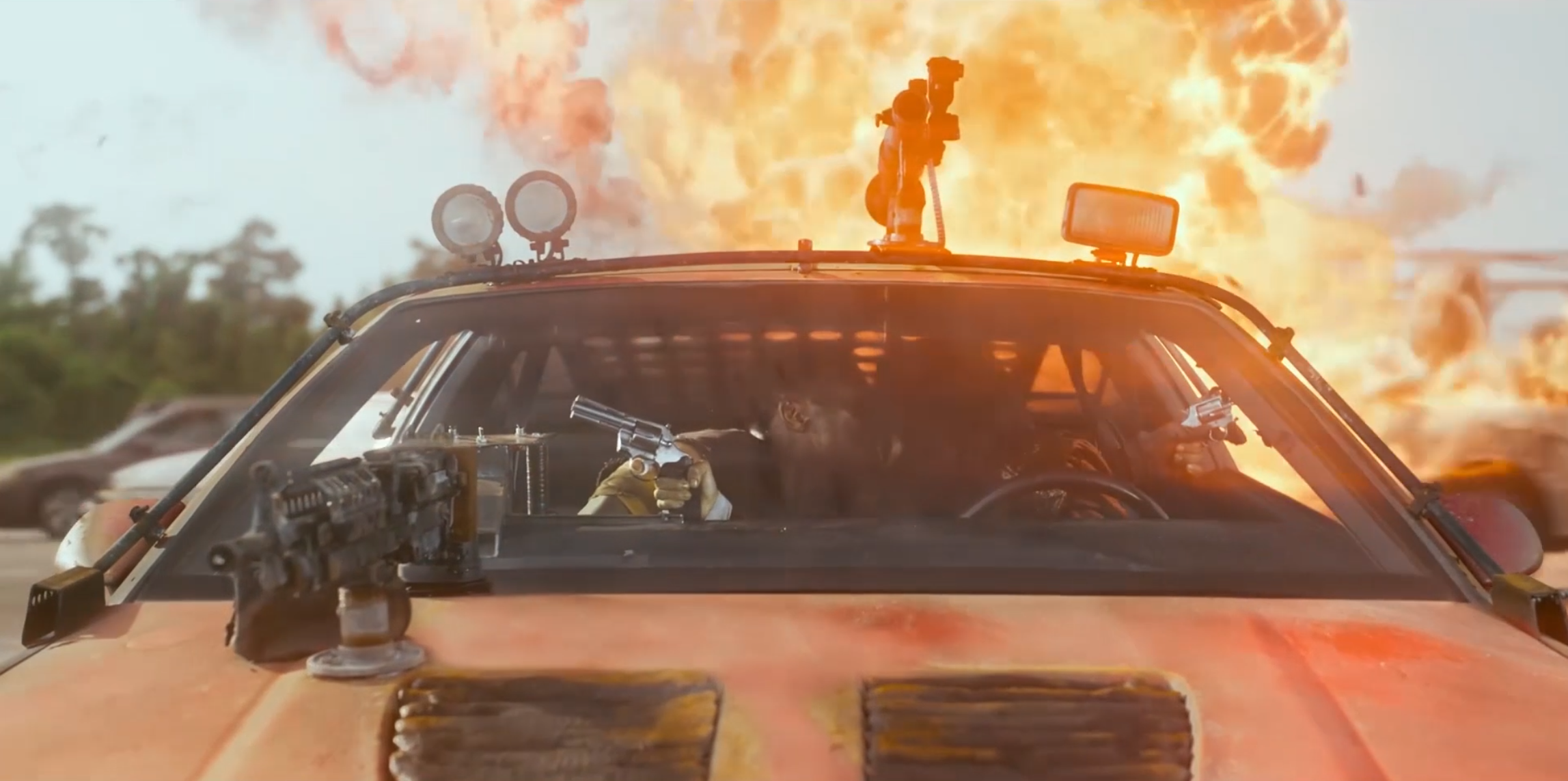
I really enjoyed how much variety there is in what MDS teaches. I started my studies in the Digital Creativity Foundation programme, where I was introduced to the basics of everything the school has to offer in one condensed course, and where I discovered a bunch of new interests and hobbies. A lot of the skills I picked up in that first year I still use to this day (13 years later!), particularly graphic design, motion graphics and programming. The first year of the Bachelor of Art and Design (3D Animation and VFX) is much the same, you delve into every area, modeling, animation, texturing, rendering and comp. Learning how each department actually works internally is so valuable once you pick one of the specialties. You know what to expect and you know whats feasible before you ask it.
On top of that, MDS utilises the same tools and pipeline that is found in VFX studios. The software and internal pipeline are as close as you could realistically get, so it sets you up with a solid framework to help you jump quite seamlessly into the industry. The final year productions are a great practice run for what the industry is like: you split off into your respective fields (Technical Direction, Animation or Compositing); then communicate and collaborate between those departments to achieve the final film, which is a close mirror to how I work now.
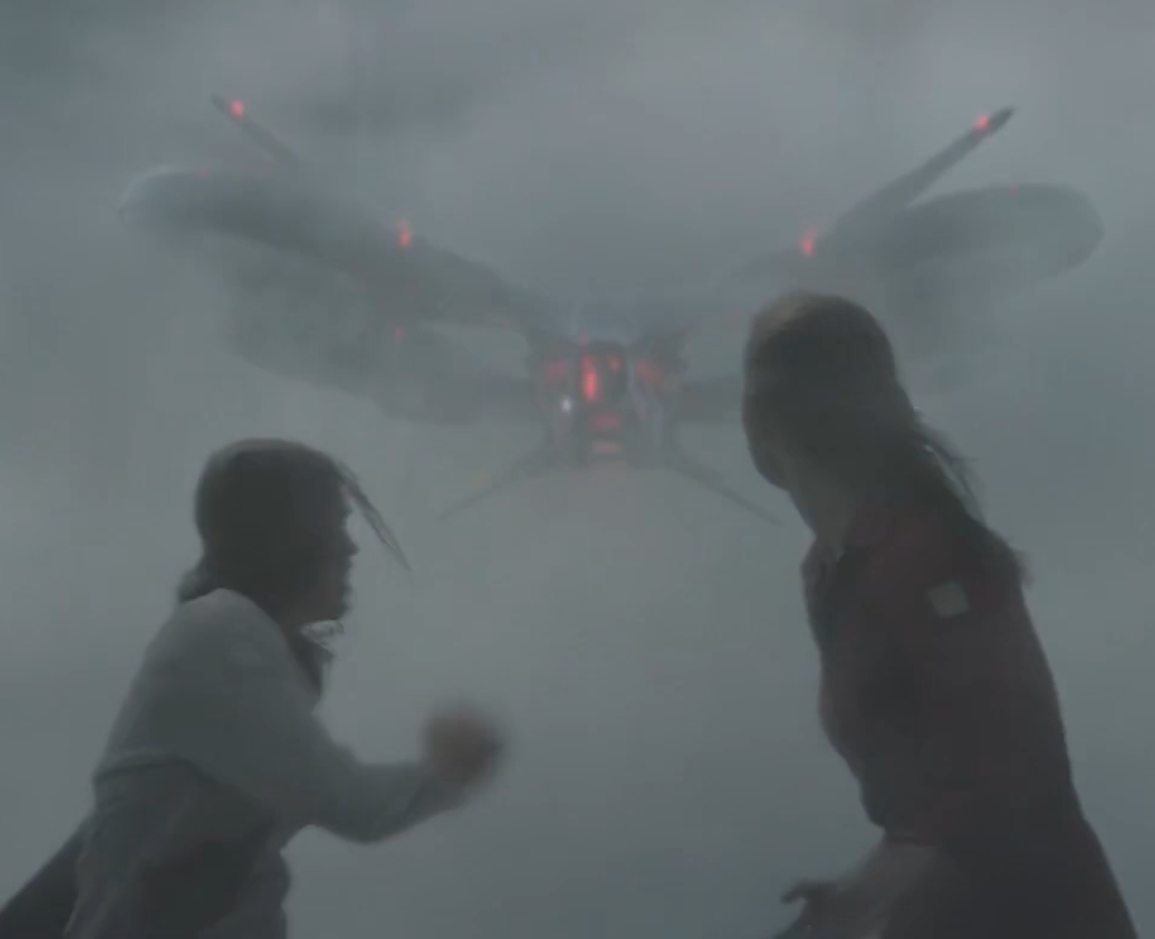
The main takeaway I still try to exercise is the student mindset. Studios have hundreds of custom notes and toolsets that you can learn and add to your toolbelt. Even now, 10 years in, I'm still asking questions and trying to add to my skillset and pool of knowledge. You may know a specific technique to fix a problem, but the only way to know if it is the best approach, is to ask others how they would do it. You'll be amazed how often something is revealed to you that would have never occurred to you. No one is "too experienced" to learn new things from others. The software we use aren't video games, so you can't 100% them - no matter how long you use them for. Never let go of that student mindset and you'll be amazed how quickly you excel.
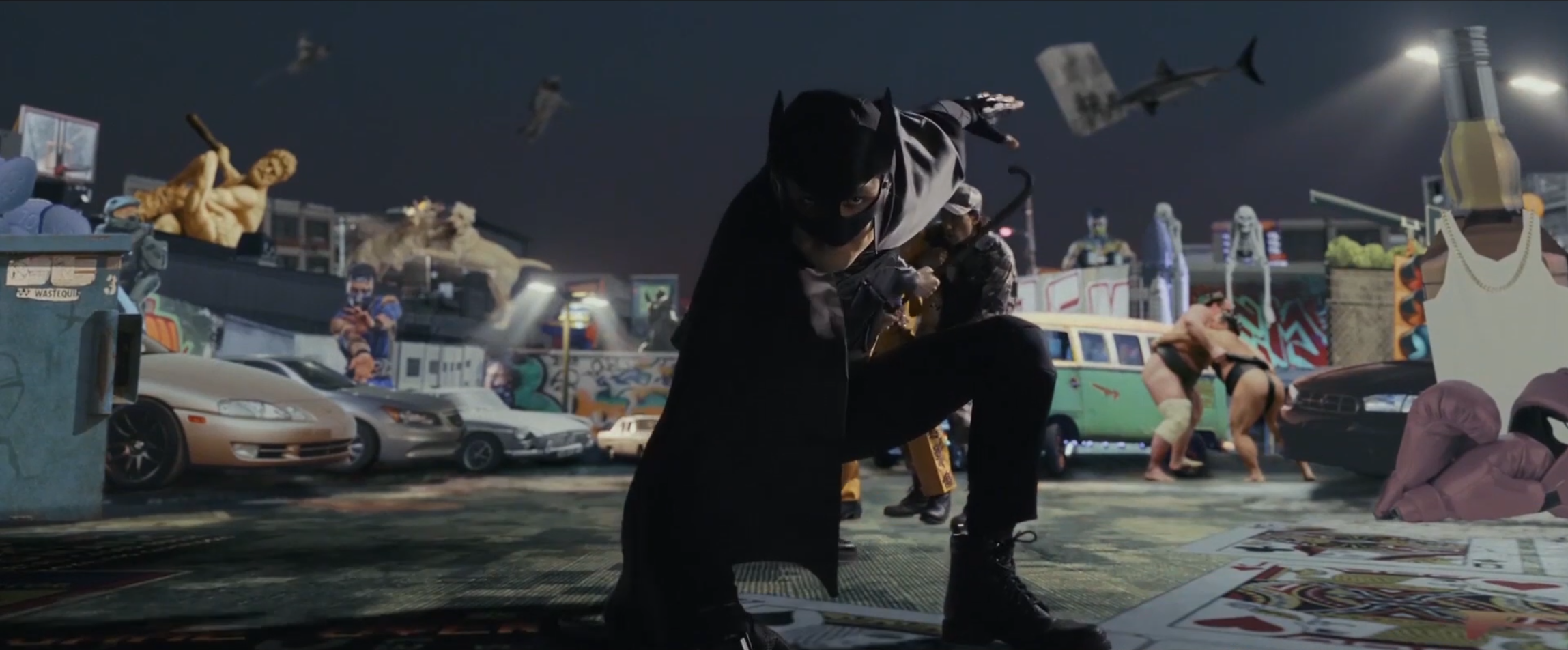
When I was Senior Lead at Cause and FX, it involved giving technical direction to others, creating touchstone shots and looks/templates for sequences that have very similar shots and angles, as well as generally working on the more difficult shots and coming up with technical solutions for problems the team may run into. So in many ways you're a senior but also with the added responsibility of being the go to when things get tricky. A part of my role I loved was creating custom tools for specific jobs and use cases to increase efficiency and workflow. When there's a recurring problem in comp on a specific job, coming up with an elegant and efficient tool for everyone to use is something I always look forward to.
A typical day for me often involved going through a brief of what needed doing for that day, asking questions and getting as much clarification as possible to get a clear mental picture of what the client is after. Then diving into comp and getting things looking good with broad brush strokes at first, then bouncing off internal and external creative feedback to achieve the final creative approval. This "Hero Shot" is often used as a touchstone for other similar shots in that sequence so it's important to get it right and set the tone. It was all a very collaborative effort both internally and externally so you need to be comfortable with having your shots picked apart and critiqued; it's a team game at the end of the day.
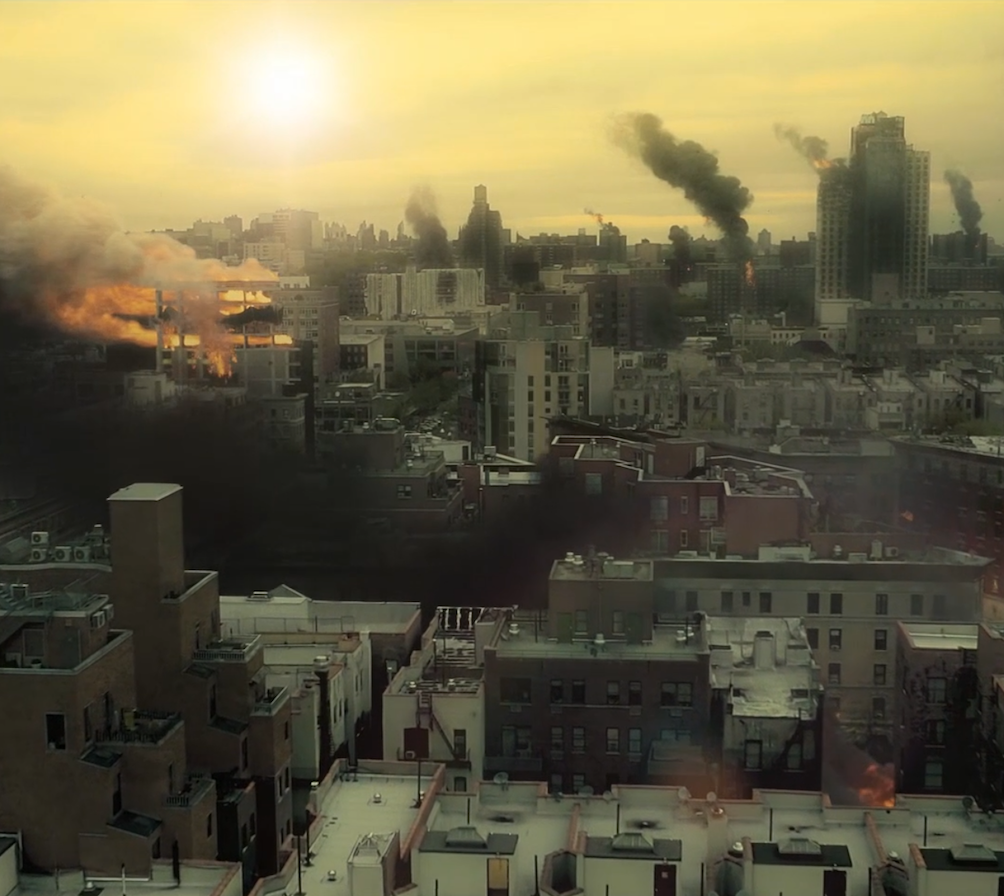
More than anything I want to be reliable and have my reputation reflect that, both professionally and as a peer. I want to be the deciding factor on whether or not a studio takes on a particularly tricky comp sequence or shot knowing I'm there to bring it home. I also want Juniors and newer compositors to be able to rely on me whenever they need it and never hesitate to ask for advice or help. I know what its like being new to the industry, and having someone you can trust to have your back when things get dicey makes a world of difference.
Looking back we tend to regret the things we didn't do rather than the things we did do. If you love creating and love VFX, have a play in your own time, make some silly short videos and get into it. Theres so much information out there on YouTube and tutorials you can follow.
If you know you want to work in VFX, Media Design School is a no-brainer. They'll set you up with all the tools you need to springboard into the industry and you'll make so many friends and connections along the way.
